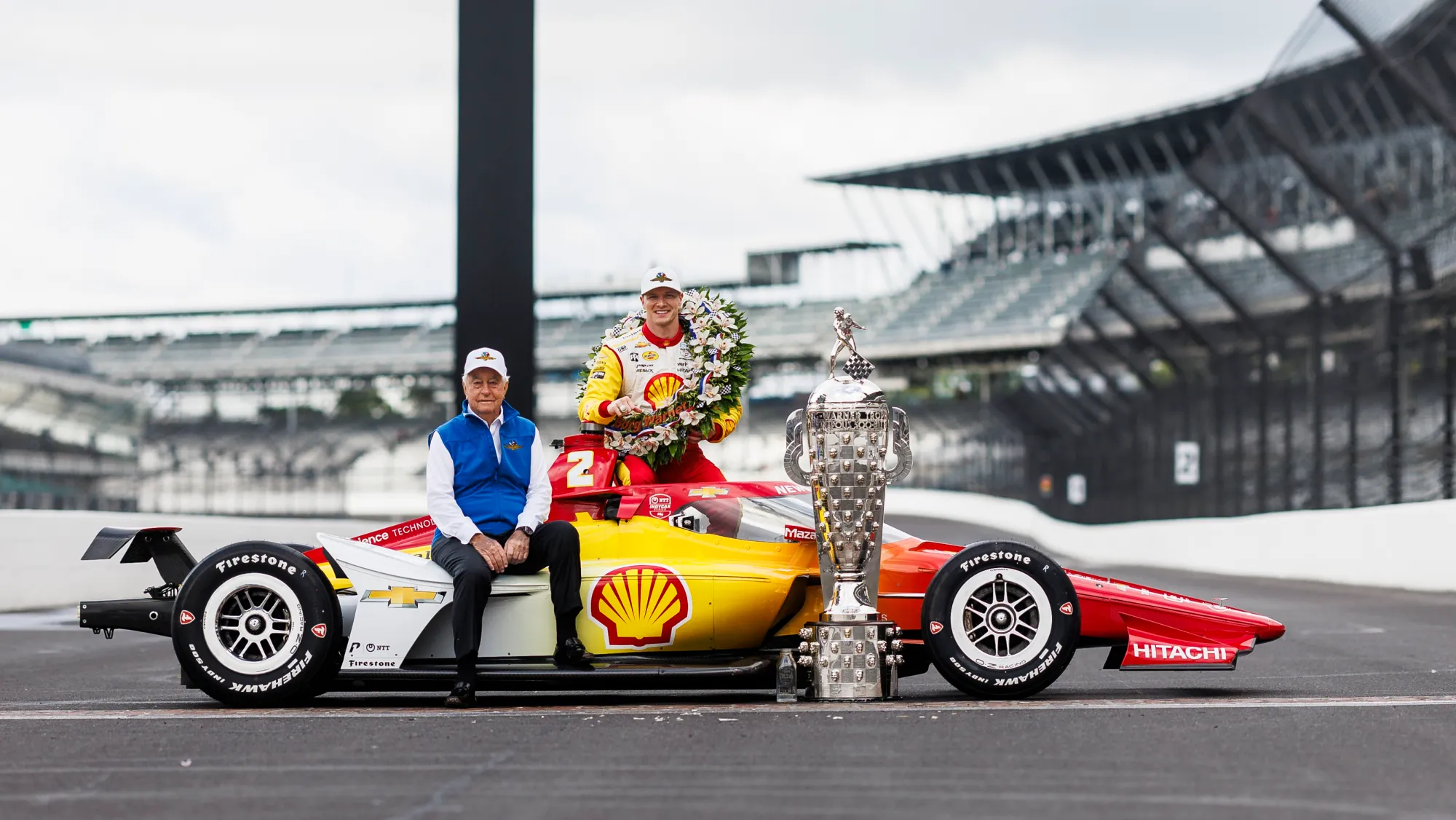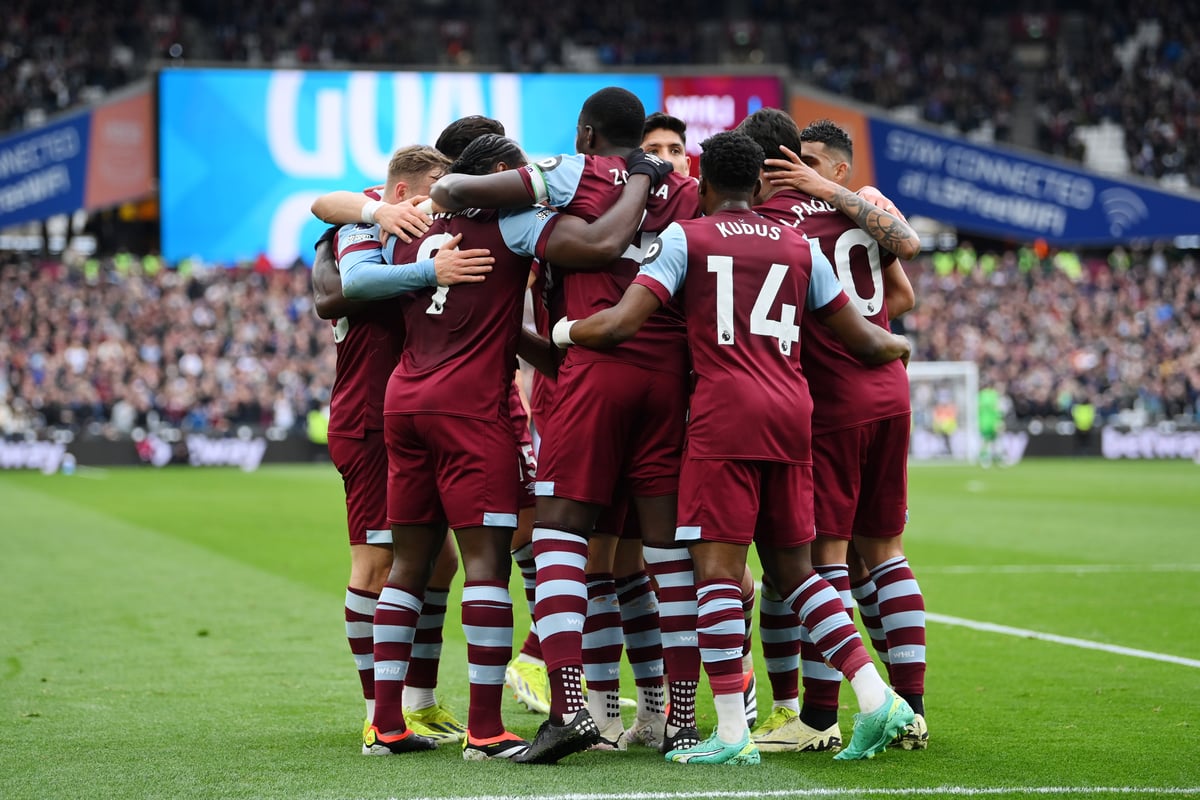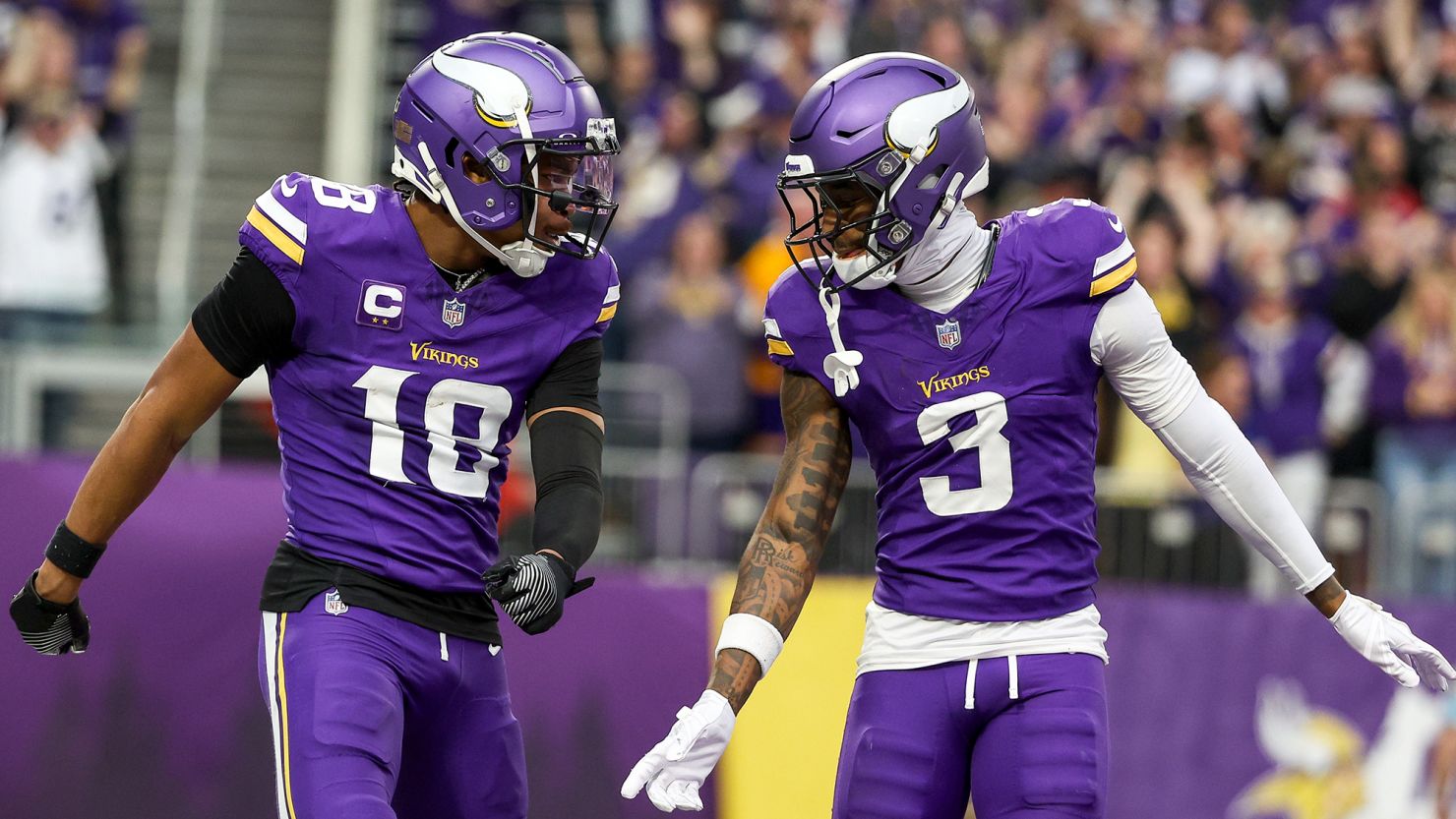In a bold move set to reshape American motorsport, Fox Corporation has acquired a one-third stake in Penske Entertainment — the parent company of IndyCar and the iconic Indianapolis Motor Speedway. The strategic investment, reportedly valued between $125 million and $135 million, gives Fox not just media rights, but meaningful ownership in one of the sport’s crown jewels: the Indy 500.
This partnership is more than a broadcasting agreement. It represents a shift in how sports media giants are embedding themselves directly into the assets they promote. For IndyCar — long struggling to reclaim its historic relevance — the move offers much-needed commercial muscle and a blueprint for growth in a competitive motorsports landscape.
A New Era for IndyCar Broadcasting and Business
Fox Sports began its exclusive broadcasting of IndyCar in 2024. In its first year, the network has already helped deliver a 31% jump in viewership, including a staggering 41% increase for the Indy 500, which drew 7.01 million viewers — the race’s highest in 17 years.
The extension of Fox’s media rights agreement now runs alongside this new ownership stake, creating a rare alignment of broadcast strategy and business interest. For Eric Shanks, Fox Sports CEO and Indiana native, the move is personal and strategic.
“IndyCar represents everything we value in live sports — passionate fans, iconic venues, elite competition, and year-round storytelling potential,” said Shanks. “This investment underscores our belief in IndyCar’s continued growth on and off the track.”
IndyCar’s Weak Spots — and Fox’s Opportunity
While the Indy 500 remains a cornerstone of global motorsport, the rest of the IndyCar calendar has struggled with visibility, attendance, and momentum. Races outside the marquee event often see empty stands and poor marketing traction. Critically, the series has failed to build narrative continuity between race weekends or make its drivers household names.
Fox’s involvement could signal a turning point. The network has already shown it can drive mass exposure, running promotional campaigns during the Super Bowl and deploying its high-quality production to elevate race broadcasts.
The upcoming 2025 season will see a restructured calendar — including a new event in Arlington, Texas and potential expansion into Mexico — designed to deliver more consistent engagement and audience retention.
Why Fox Went All-In: Beyond Sentiment
Though Eric Shanks has a personal connection to IndyCar, this is no passion project. Fox’s acquisition reflects a growing strategy of co-ownership in sports properties it broadcasts. The company holds equity in the Big Ten Network, the UFL, and has deep links with FanDuel parent Flutter Entertainment. This diversified sports portfolio ensures more control over programming, monetization, and strategic partnerships.
Crucially, Fox appears determined not to repeat its experience with UFC — a property it helped grow before losing broadcast rights to ESPN. With IndyCar, Fox is buying into long-term value.
“Fox sees the incredible potential across our sport,” said Roger Penske, the legendary team owner and head of Penske Entertainment. “This partnership is built on long-standing trust and a shared vision for the future.”
Strategic Alignment: Marketing, Storytelling, and Scale
Where Penske Entertainment has often lacked marketing firepower, Fox brings scale, resources, and a deep understanding of U.S. sports audiences. From shoulder programming to behind-the-scenes content and cross-platform integrations, IndyCar can now plug into Fox’s ecosystem — amplifying drivers, rivalries, and race-day narratives beyond the traditional motorsport bubble.
It’s not just about television. Fox’s ability to build digital narratives and activate fan communities could be key in repositioning IndyCar for a younger, more engaged audience — a demographic long captured by Formula 1 and the Netflix effect.
What’s Next for IndyCar?
The deal marks a pivotal moment in the history of U.S. motorsports. IndyCar, once the dominant open-wheel series in America, now has the backing of one of the most aggressive and experienced media companies in sports.
With Fox as both broadcaster and co-owner, the series is better placed than ever to close the gap with NASCAR, compete for new fans with Formula 1, and make the IndyCar brand part of mainstream sporting consciousness year-round.
What remains to be seen is how Fox balances commercial imperatives with IndyCar’s identity — and whether the partnership can finally unlock the series’ long-promised resurgence
Partner With Us
Want to feature your brand, business, or service on 365247 — Whether you’re looking to sponsor, collaborate, or build presence within our ecosystem, we’d love to explore it with you.
Submit Your Interest Here
IMAGE: Getty Images


